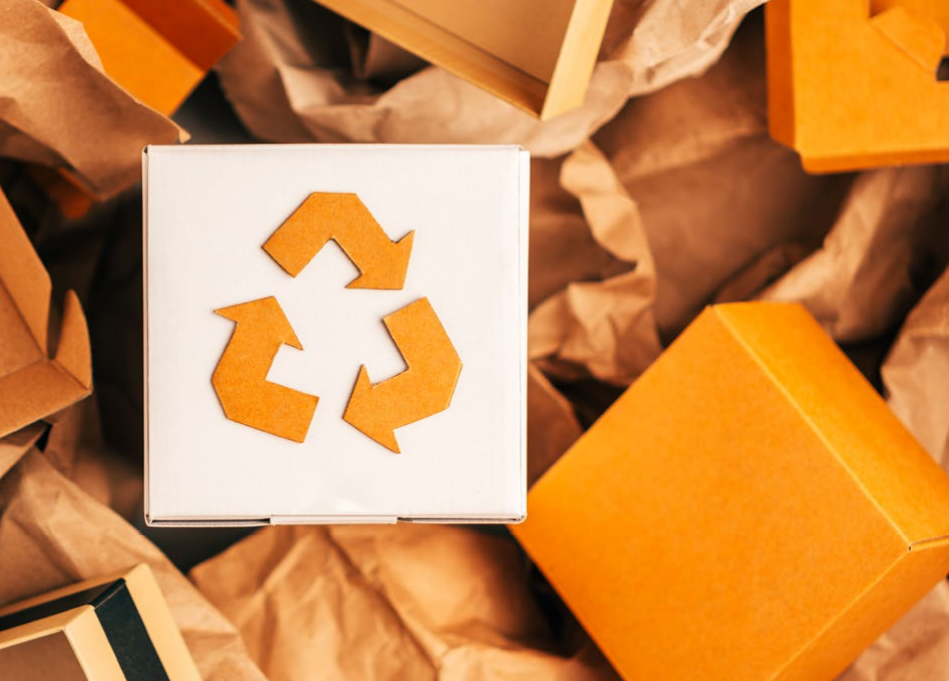Managing waste sustainably in Kenya: An overview of Extended Producer Responsibility (EPR) regulations

No year has proven to be a momentous year for environmental management and conservation in Kenya than 2022. On June 16, 2022, the Senate passed the Sustainable Waste Management Bill, 2021, giving rise to a new order for efficient waste management, and propelling Kenya a step closer towards the realisation of the right to a clean and healthy environment.
The Bill is anchored on the following key environmental protection principles:
- Precautionary principle: If there is a strong suspicion that a certain activity may have environmentally harmful consequences, it is better to control that activity now rather than to wait for incontrovertible scientific evidence.
- Polluter Pays principle: The cost of cleaning up any element of the environment damaged by pollution shall be paid by the polluter.
- Zero Waste Principle: Products and processes are designed and managed to reduce the volume and toxicity of waste, and to treat waste as a resource that can be harnessed for wealth creation, employment and reduction of pollution.
- Provision of incentives to landowners who manage land and watersheds for ecological services and to conserve natural resources.
Significant environmental practices introduced by the Bill
- Public and private entities will be obligated to segregate non-hazardous waste into organic and non-organic fractions, and to be placed in appropriately coloured and labelled bins.
- The respective Cabinet Secretaries for the Ministry of Environment and Education shall jointly develop a sustainable waste management curricula for schools.
- Establishes that County Governments will be required to develop an integrated county waste management plan every 5 years.
- Establishes the sustainable waste management duties of private sector entities, including the imposition of fines of 5% of the non-compliant entities’s income or KShs 5 million, whichever is higher.
The Extended Producer Responsibility Regulations (EPR) 2021
Emanating from the provisions of the Sustainable Waste Management Bill, 2021, is the Extended Producer Responsibility Regulation.
Since the late 1980s, the concept of “Extended Producer Responsibility” (EPR) has become an established principle of environmental policy. It aims to make producers responsible for the environmental impacts of their products throughout the product chain, from design to the post-consumer phase.
Under the Kenyan regulations, every producer shall bear extended producer responsibility obligation to reduce pollution and environmental impacts of the product that they introduce in the Kenyan market and the waste arising therefrom.
List of products and packaging subject to EPR 2021 include:
- Packaging for non-hazardous products (plastics, papers, aluminium, composite, glass and carton).
- Hazardous products’ packaging (industrial chemicals, oil and lubricants, pharmaceuticals, agrochemicals, veterinary, paints and solvents) and agricultural films.
- Electrical, Electronic Equipment, Mercury Auto Switches, thermostats, Battery and Accumulators.
- End of life motor vehicles, automobiles, aircrafts, locomotives.
- Non packaging items (plastics, glass, paper, cardboard), furniture (except wooden, metallic), rubber and tyres.
Producers with EPR obligations are expected to:
- Establish post-consumer collection and take back schemes system which may include a deposit refund system;
- Set up individual or collective EPR Compliance Schemes or join a collective EPR Compliance Schemes;
- Design products and packaging materials that minimise waste, facilitate reuse, recycling, recovery, use of secondary raw material where possible and are environmentally friendly at their end of life;
- Provide consumer with information on their role on reuse, return, take back points, meaning of recycling and recovery labels and symbols on the products;
- Raise awareness on management of post-consumer products that they introduce in the market;
- Carry out product life cycle assessment in relation to their products for enhancing environmental sustainability;
What does compliance with EPR 2021 entail?
- Each individual producer/ Producer Responsibility Organisation (PRO) must be registered with the National Environment Management Authority (NEMA). The registration shall be valid for a maximum period of four years; unless revoked, suspended or cancelled by the Authority.
- Each individual producer and PRO shall be issued with producer responsibility number (IPRN) and Producer Extended Responsibility Number (PERN) from the Authority respectively.
- For subsequent years of operation, an annual operating licence shall be issued for individual producers ‘compliance schemes and producer responsibility organisations ‘that fulfil their performance standards as set out in the work plan, and fulfil reporting obligations.
- NEMA may allow more than one PRO to accommodate material variation of the product
- The Authority shall issue an interim permit for a period of ninety days for registration to enable the producer responsibility organisation to undertake stakeholder engagements.
- The regulation recognises two main phases of establishing an extended producer responsibility compliance scheme — Voluntary and Mandatory Schemes.

